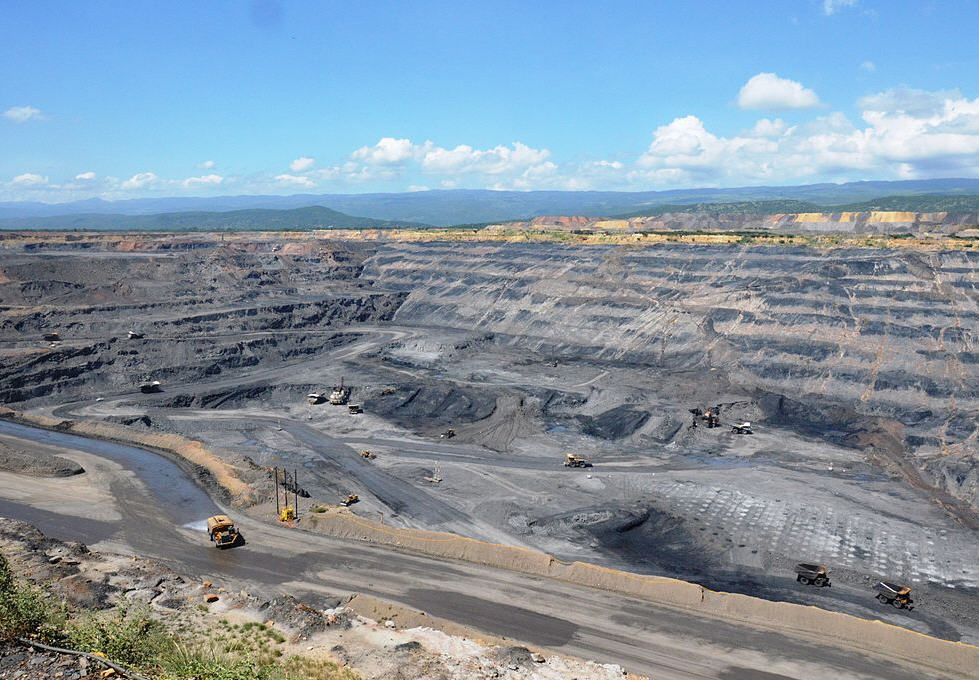Buy a coal mine, get a bonus: Glencore makes fortune on Colombian deal

For investors seeking to burnish sustainable portfolios, coal mines are an anathema.
That sits well with top global miner and trader Glencore, whose purchase of a major coal mine in Colombia will generate a bonus of hundreds of millions of dollars before the deal has even been completed.
The miner bought the 66% shares in the Cerrejon thermal coal mine it didn’t yet control from rivals BHP Group and Anglo American in June this year for an aggregate $588 million.
Read more: Glencore grabs Anglo American, BHP stakes in Cerrejon coal mine
The deal was welcomed by BHP’s and Anglo’s shareholders as a major divestment of coal assets to meet emissions targets and shift towards sustainable energy.
The agreement they signed had, however, an unusual clause: Glencore would take over cashflows from the mine from 2021.
At the time of the deal, the Swiss-based miner said it anticipated the cash generated by the mine might reduce the purchase price to $230 million.
But the red-hot market for thermal coal has made that assumption conservative after prices for the most polluting fossil fuel soared on the back of Chinese power shortages and a European gas squeeze, said insiders and analysts.
One insider said that Glencore will get a “fat cheque” from revenues when the deal closes by the end of June 2022.
Broker Liberum estimates Cerrejon will generate $1 billion in EBITDA (earnings before interest, taxes, depreciation and amortization) cash flow in the second half of 2021 alone.
“Exiting Cerrejon is part of our long-term strategic decision to focus on future facing commodities. There is no change to that view, irrespective of near-term thermal coal prices,” a BHP spokesperson said.
Glencore, which already controlled a third of Cerrejon before the transaction, declined to comment.
“Our agreement to sell our minority shareholding in Cerrejón marks the final step in our responsible transition away from thermal coal operations as we continue to position our portfolio firmly towards supplying a wide range of future-enabling metals and minerals to our customers,” Anglo American said in an emailed statement.
BHP and Anglo sold or spun off most of their coal assets, while Glencore has taken a divergent path and set a goal of managing the depletion of its coal mines by the mid-2040s, rather than selling them.
“Given the speed at which the deal is paying for itself, Glencore’s policy to run down their coal portfolio is proving far better than a spin-off or a sale,” said analyst Ben Davis at Liberum.
Davis said he based his calculations on European coal prices for delivery into Rotterdam minus the freight from Colombia. Coal prices soared to $280 per tonne in the second half of 2021 from as low as $57 last year. Davis expects coal prices to average $140 in the first half of 2022.
At an average production level of 24 million tonnes a year and per tonne production costs of $45, a banking source familiar with the deal put Cerrejon’s EBITDA cash flow at $1.1 billion in the second half 2021.
If the deal closes as expected in the first half of 2022, Glencore would have enjoyed some 18 months of full cashflows from Cerrejon.
A top 30 shareholder at Glencore said some investors were warming to the idea of holding stocks in coal companies that pledge to run down mines responsibly without making them someone else’s problem.
“At the end of the day, selling a mine doesn’t make its output disappear … The trouble for some investors is that they simply cannot hold stocks that have a coal exposure,” said the shareholder who asked not to be named.
(By Dmitry Zhdannikov and Clara Denina; Editing by David Evans)
{{ commodity.name }}
{{ post.title }}
{{ post.date }}




Comments
Night Rider
Glencore profits from the naive abandonment of coal. Someone is going to mine it. Better the devil you know!